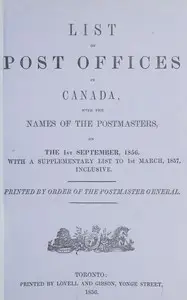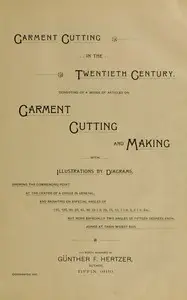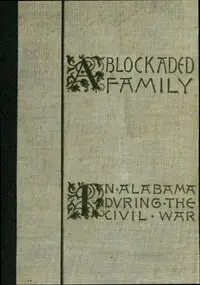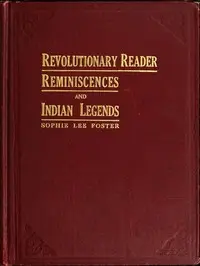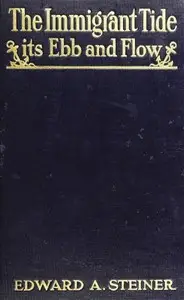"State of the Union Addresses" by Andrew Johnson is a historical collection of speeches written in the mid-19th century. The addresses detail Johnson's reflections and policies regarding the restoration of the Union following the Civil War, focusing particularly on the principles of governance, state relationships, and the broader implications of civil rights and freedom for formerly enslaved individuals. The opening of the collection begins with Johnson's address on December 4, 1865, where he emphasizes gratitude for the preservation of the Union and acknowledges the heavy burden placed on him following President Lincoln's assassination. He discusses the importance of the Constitution and its role in maintaining a perpetual Union, outlining how it should serve both the states and the federal government. Johnson outlines his approach to restoring order in the states that had participated in the rebellion, stressing that their actions of secession were null and void. He further emphasizes the need for a healing policy that unites all citizens while addressing the rights of freed individuals, reflecting on the challenges and necessities of forging a new path for the nation in the aftermath of civil strife. Throughout the opening, he underscores the necessity of cooperation among various levels of government to achieve peace and unity. (This is an automatically generated summary.)

State of the Union Addresses
By Andrew Johnson
"State of the Union Addresses" by Andrew Johnson is a historical collection of speeches written in the mid-19th century. The addresses detail Johnson'...
Andrew Johnson was the 17th president of the United States, serving from 1865 to 1869. He assumed the presidency following the assassination of Abraham Lincoln, as he was vice president at that time. Johnson was a Democrat who ran with Abraham Lincoln on the National Union Party ticket, coming to office as the Civil War concluded. He favored quick restoration of the seceded states to the Union without protection for the newly freed people who were formerly enslaved as well as pardoning ex-Confederates. This led to conflict with the Republican-dominated Congress, culminating in his impeachment by the House of Representatives in 1868. He was acquitted in the Senate by one vote.




